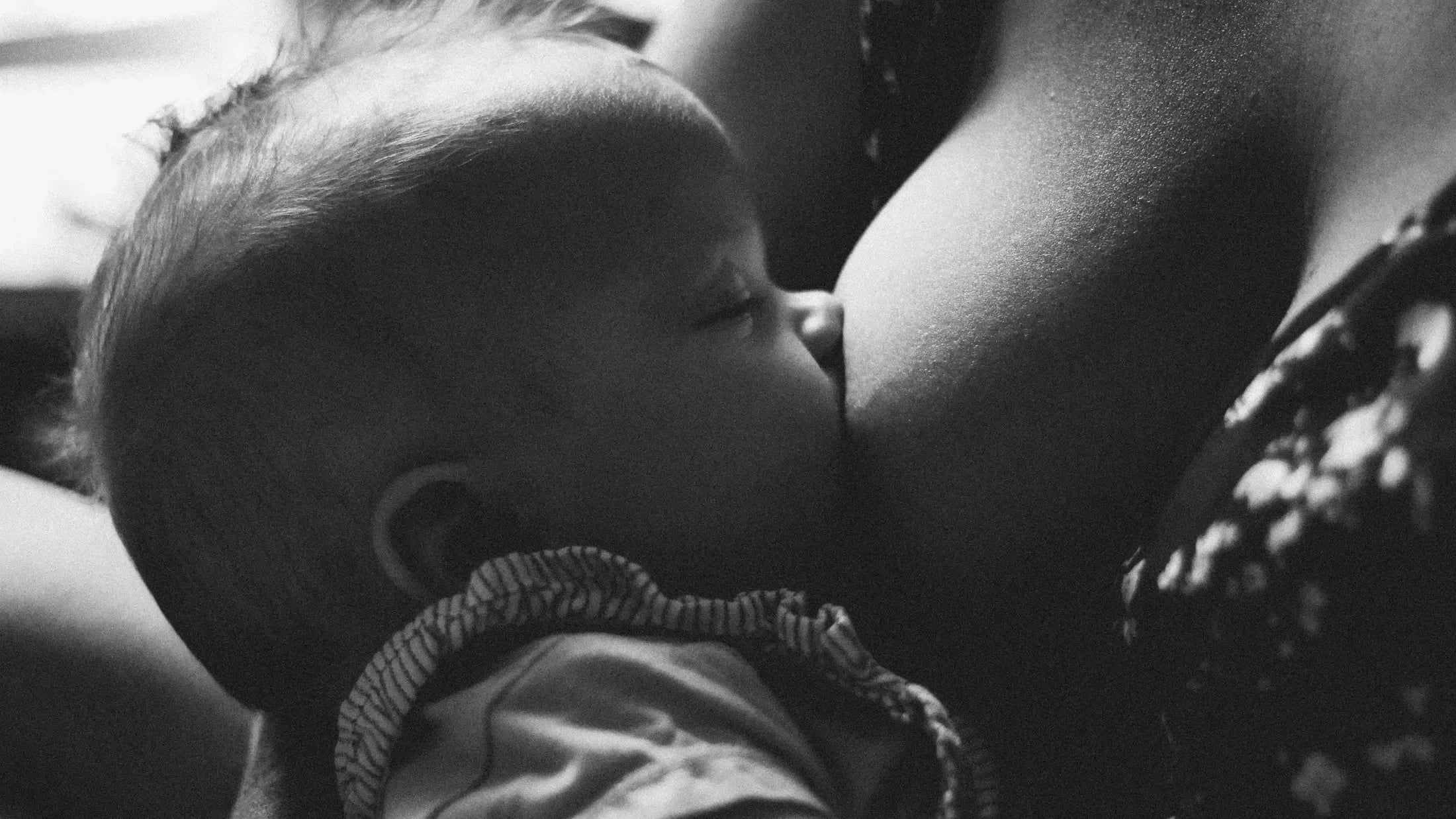Have you ever heard of breast milk donation? Are you a breastfeeding mom or planning to breastfeed your baby? Donating your surplus breast milk is much more than a simple gift; it's a gesture of love and a promise of good health. Donating milk can save lives, just like donating blood. We tell you more in this article.

Essential for premature babies.
While a child born at or close to term can, without contraindication, be fed artificial milk, this is not an option for babies born prematurely. In premature babies, breast milk supports the development of the digestive tract and the body's defense against infection. In this way, breast milk prevents the specific and potentially serious complications associated with prematurity (infections, ulcerative colitis, retinopathy).
Unfortunately, following the birth of premature babies, some mothers do not have sufficient lactation to meet the needs of their little ones. Thanks to the donation of milk, they will be able to benefit from it.
To help premature babies, lactariums collect breast milk from mothers who wish to donate their surplus milk.
Who can donate breast milk?
Any woman who is breastfeeding and wishes to donate her milk can do so!

If you'd like to become a donor, simply contact the team at your nearest lactarium. Lactariums are breast milk banks whose main mission is to collect, prepare, qualify, process, preserve, deliver and distribute human milk.
An appointment will be made at your home to set up the donation file. A medical interview and blood sampling are compulsory beforehand. You can arrange for a private nurse to come and take your blood collection tube and store it in the fridge for 48 hours. The process is straightforward, but there are a number of factors that may prevent you from donating breast milk. For example, you must not be a smoker or have had a blood transfusion.
You will be given the equipment you need to collect your milk (bottles and labels). If you don't have a breast pump, you can hire one from a chemist (don't hesitate to ask your midwife or GP for a prescription so that it can be reimbursed by social security).
As milk is a sensitive commodity, there are obviously a few conversation, maintenance and decontamination instructions to follow. Nothing difficult, rest assured!
Here are a few instructions:
- Wash your hands with liquid soap and dry them with single-use paper.
- Collect your milk in the sterile, single-use bottles provided by the lactarium.
- After each use, disassemble the entire teat, wash with soapy water and rinse.
- Hot decontamination is required before each use, except for single-use equipment such as feeding bottles.
Once your milk has been collected and stored in your freezer, you can make an appointment with your milk collector to come directly to your home to collect your donations.
You never have to go anywhere, as the collections are designed to store and preserve the milk in the best possible conditions.
A risk of shortages due to the epidemic?
The Association des lactariums de France warns and informs of the need to continue to cover the breast milk needs of children hospitalized in neonatal units. Since the beginning of the epidemic, lactariums have adapted their collection conditions and managed to maintain their stocks, but the longer the period goes on, the greater the risk that stocks of anonymously donated milk will run out.
Can I continue to donate breast milk if I suspect I have covid-19?
If you have no symptoms, you can continue to donate your milk without concern.
If you have symptoms suggestive of COVID-19 (fever, headache, severe asthenia, cough, diarrhea, vomiting, anosmia, ....) or a confirmed diagnosis of COVID-19, the Association des Lactariums de France recommends temporarily suspending donation for 14 days, or up to 7 days after the end of symptoms. This is a precautionary measure, however, as according to current data, SARS CoV-2 is not present in breast milk.
If you are breast-feeding and have symptoms, it is advisable to continue breast-feeding unless you have a severe infection which seriously alters your state of health.
Find your nearest lactarium
There are two types of lactariums in France. Indoor lactariums and indoor/outdoor lactariums. To donate breast milk, you need to contact the indoor/outdoor lactarium that handles both personalized milk donations and anonymous milk donations collected by a mother for a child other than her own.
To find your nearest lactarium, visit , the association of French lactariums.

